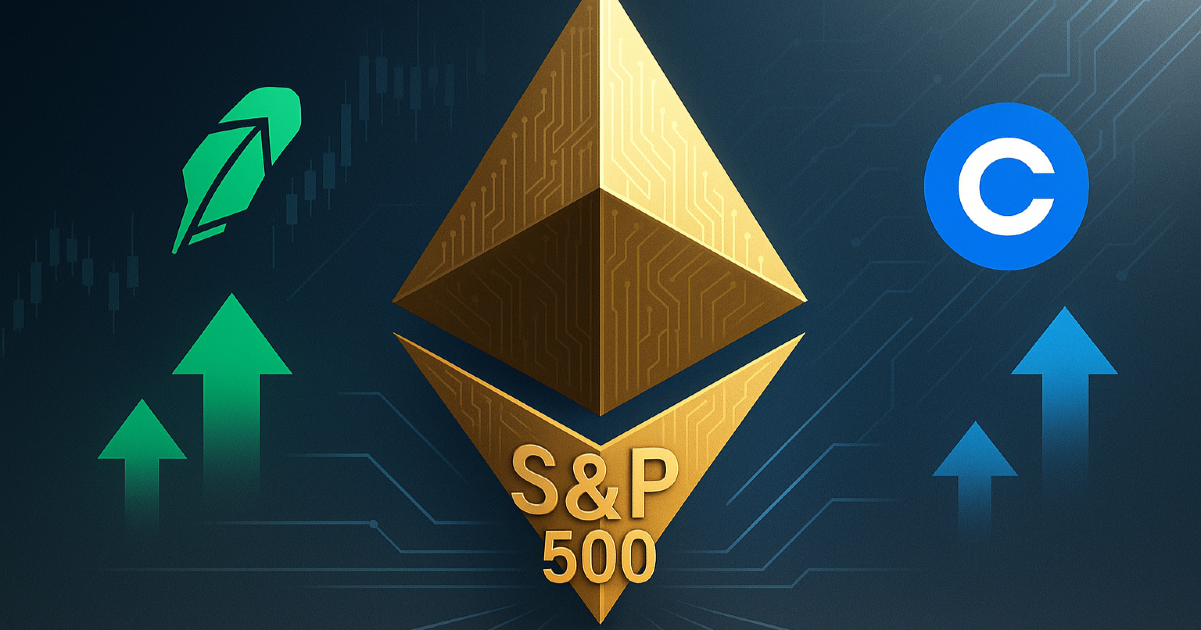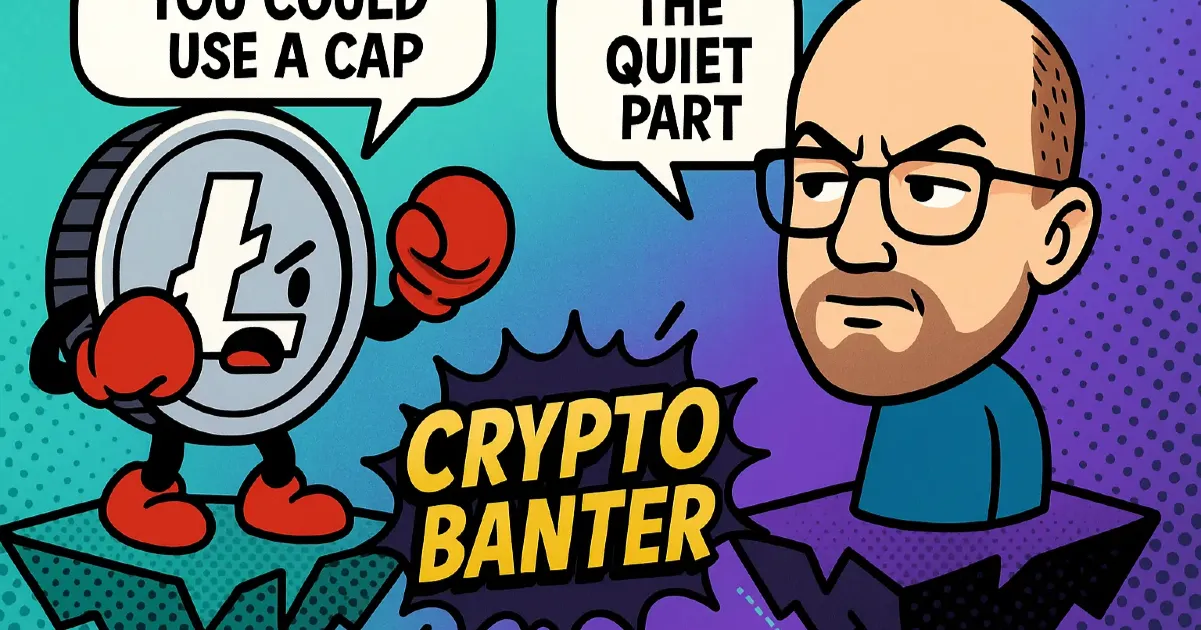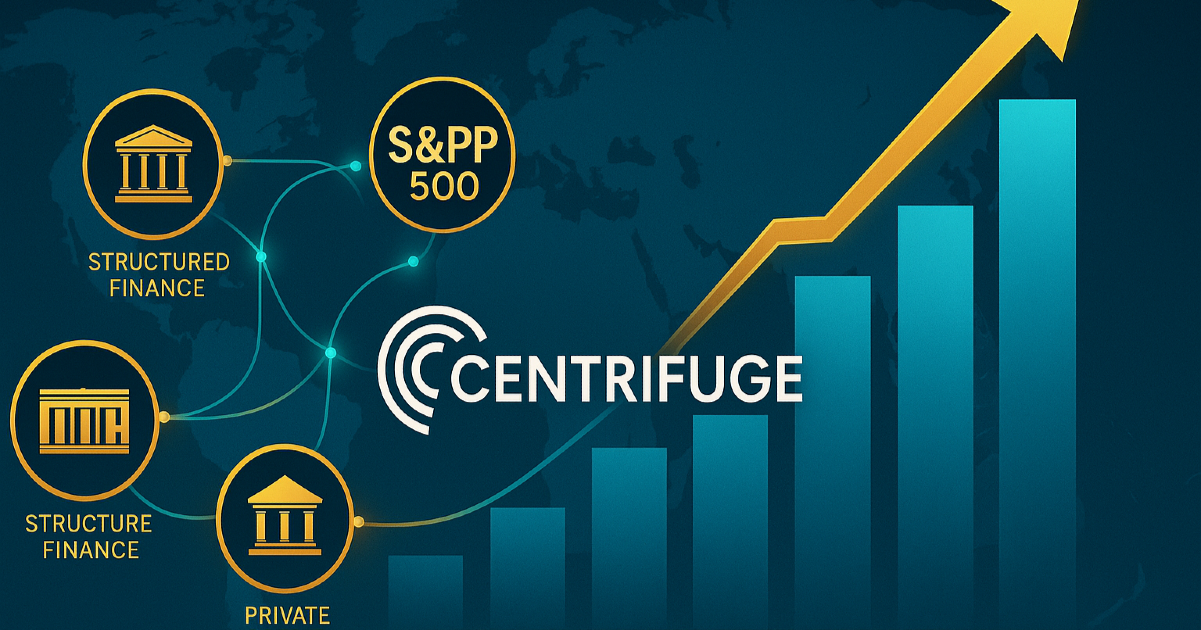Robinhood joins the S&P 500, broadening crypto access via mainstream index.
Robinhood Markets is set to become the latest entry in the S&P 500 index, effective September 22. It joins AppLovin and Emcor Group as fresh additions, replacing MarketAxess, Caesars Entertainment, and Enphase Energy. For the crypto space, this is more than a routine rebalancing; it’s a powerful nod to the growing legitimacy of digital asset platforms in traditional benchmarks.
The company follows Coinbase, which broke barriers earlier this year as the first crypto-native firm in the index. Together, their inclusion means that investors in passively managed S&P-tracking products now carry indirect exposure to crypto through mainstream investments.
What Inclusion Means for Robinhood
Being added to the S&P 500 unlocks a wave of practical gains:
- Index-tracking funds, ETFs, and pension plans are required to allocate shares and fast. Robinhood’s stock jumped over 15% after the announcement.
- This rollout not only boosts trading volume and liquidity but also signals Wall Street’s renewed confidence in fintech platforms.
- Analysts now project price targets as high as $230 by year-end, underlining the bullish potential and institutional momentum.
Beyond mechanics, inclusion imbues Robinhood with legitimacy, presenting it as a stable, foundational fintech brand rather than a pandemic-era fad.
What It Means for Crypto Exposure
Robinhood is not a crypto company per se, but it is a major gateway. Its platform allows retail users to trade stocks, options, and digital assets under one roof. That connection is now embedded in the S&P 500 through two channels:
- Coinbase, added in May, brings direct exchange infrastructure.
- Robinhood, now joining, layers on retail crypto access within an everyday brokerage.
The result? Mainstream, risk-averse investors gain indirect exposure to digital assets without ever buying crypto. That’s a meaningful step toward broader institutional acceptance of crypto-linked business models.
Why Strategy (MicroStrategy) Was Passed Over
Meanwhile, Strategy Inc. (formerly MicroStrategy) was eligible but excluded despite being the world’s largest corporate holder of Bitcoin. The index committee exercised discretion, likely due to concerns over earnings volatility tied to crypto markets.
This underscores a core principle: meeting technical criteria is not a guarantee of alignment with traditional sector expectations; they matter too. Robinhood’s diversified business model—stocks, crypto, and wealth management—likely made it a safer bet in the eyes of index leaders.
Broader Industry Impacts
- Institutional Flows Surge: Inclusion invites billions of dollars in passive capital. It’s a tailwind for other crypto-related firms eyeing institutional adoption.
- Blueprint for Others: This sets a path for other fintech and token-access providers so long as they demonstrate diversified revenue and consistent performance.
- Validation of Crypto Infrastructure: These moves signal growing acceptance not just of digital assets but of platforms enabling crypto access in mainstream finance.
A Glimpse at the Future
With Robinhood joining Coinbase, the crypto-linked footprint in the S&P 500 is expanding. For investors whose portfolios track the index, this means tangible exposure to digital assets, whether they know it or not.
Could similar fintech or custody platforms join next? Probably. Read-only crypto exposure through mainstream indices may be the next frontier in gradual institutional crypto integration.
Conclusion
Robinhood’s entry into the S&P 500 is a watershed validating the company’s evolution from pandemic-era trading app to mainstream fintech powerhouse. It also deepens the index’s connection to crypto, delivering indirect exposure to millions of index-holding investors. Whether through Coinbase’s infrastructure or Robinhood’s user access, crypto’s presence in traditional finance is growing, and with it, the narrative of digital assets’ permanence.






